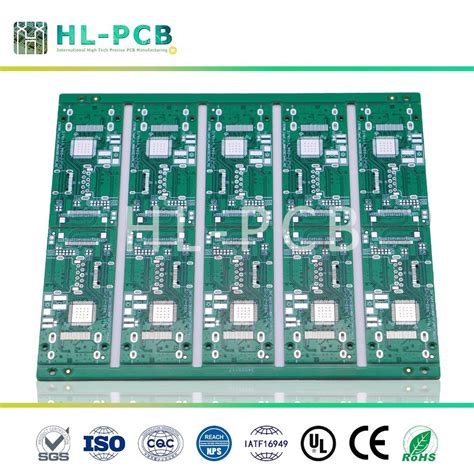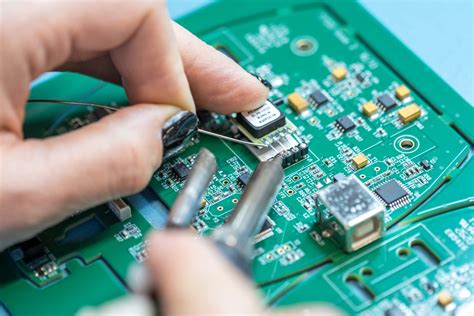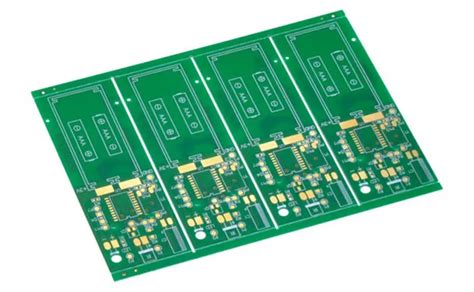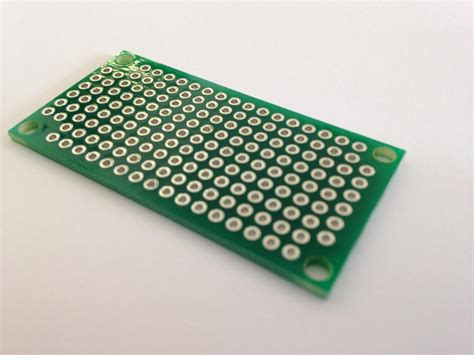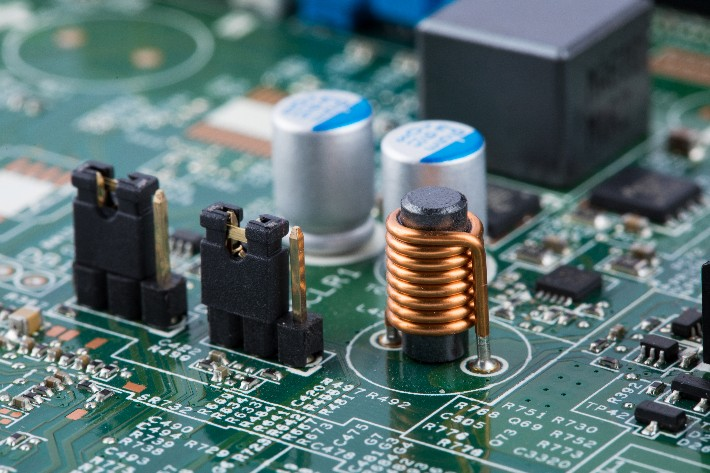Choosing the Right Multilayer PCB Manufacturer for Your Needs
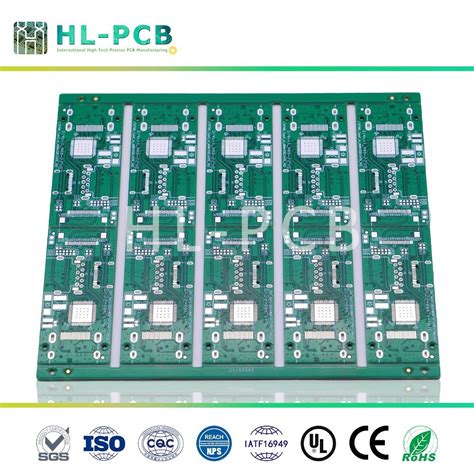
Key Takeaways
When embarking on your journey to select the right multilayer PCB manufacturer, it’s essential to understand the various aspects that contribute to effective pcb manufacturing. First and foremost, consider the quality standards maintained by potential pcb manufacturing companies. Quality affects not only the reliability of your final product but also its overall performance and longevity. Additionally, assessing the specific capabilities of these manufacturers is crucial; inquire about their technologies and production methods, as these will directly impact your project’s success.
Moreover, it’s vital to evaluate service options available—responsive customer support can be a game-changer when you encounter unexpected issues during production. Don’t underestimate the importance of timely communication, as it can streamline processes and resolve potential challenges more efficiently. Finally, while weighing the pcb manufacturing cost, remember that finding balance between value—the benefits you receive—and price—what you’re willing to pay—ultimately shapes your decision-making process.
By taking these key factors into account, you’ll be better equipped to partner with a manufacturer that aligns with your project needs and sets you up for success in your pcb manufacturing business.
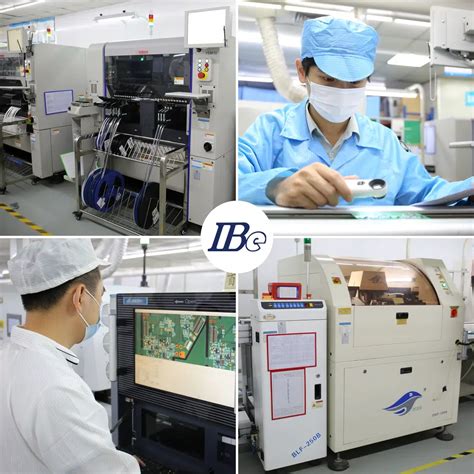
Understanding Multilayer PCB Manufacturing Processes
When you delve into the world of multilayer PCB manufacturing, it’s essential to understand the intricate processes involved that ensure the boards are reliable and effective for your applications. The journey begins with designing the PCB layout using sophisticated software, which is crucial as it sets the foundation for your entire project. Following this, you will encounter the etching process, where copper layers are carefully stripped away to create conductive pathways.
Next comes lamination, where layers of substrate are bonded together using heat and pressure, forming a solid, multi-layer structure essential for circuit connectivity. It’s during this stage that understanding pcb manufacturing tolerances is vital; any error can lead to project setbacks and escalated pcb manufacturing costs.
After lamination, additional processes like drilling holes for vias and surface finishing to enhance solderability are executed. It’s in these latter stages that you should pay extra attention to quality control measures implemented by various pcb manufacturing companies. Look out for certifications such as IPC-A-600 that signify adherence to industry standards.
In summary, mastering the multilayer PCB manufacturing process not only influences product quality but also impacts your overall success in the pcb manufacturing business. Therefore, familiarizing yourself with these processes will empower you when choosing a manufacturer tailored to your needs. Below is a simplified table illustrating significant steps in multilayer PCB manufacturing:
| Process | Description |
|---|---|
| Design | Creating a detailed schematic layout using software |
| Etching | Removing excess copper to form pathways |
| Lamination | Bonding multiple layers of substrate |
| Drilling | Creating holes for vias |
| Surface Finishing | Enhancing solderability through various treatments |
Understanding these steps will enable you to make informed decisions when selecting your multilayer PCB manufacturer.
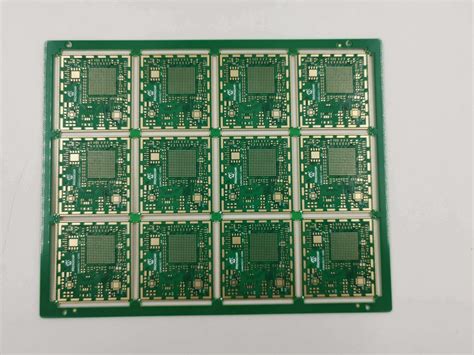
Key Factors to Consider When Selecting a Manufacturer
When you’re on the hunt for a suitable multilayer PCB manufacturer, there are several key factors that can significantly influence your decision. First and foremost, it’s essential to assess the quality standards upheld by potential manufacturers. Look for those who comply with recognized industry standards, as this can be an indicator of their commitment to excellence. Additionally, delve into the capabilities of PCB manufacturing companies; understanding whether they utilize advanced technologies and possess the necessary expertise can ensure that they can meet your project demands efficiently.
Another aspect to consider is the flexibility in production that a manufacturer offers. Can they scale their production according to your specific needs? This adaptability is critical in today’s fast-paced PCB manufacturing business, where project requirements may evolve unexpectedly. Moreover, evaluate the pcb manufacturing cost against the values you expect from potential manufacturers; often, choosing a less expensive option may lead to compromises in quality or service.
Lastly, customer service plays a pivotal role; a responsive support system will not only provide assistance during production but also help you navigate any challenges that may arise post-manufacturing. By focusing on these attributes—quality assurance, technological capabilities, pricing transparency, and customer support—you position yourself well to choose a manufacturer that aligns with your project’s objectives and standards in the competitive pcb manufacturing landscape.
Evaluating Quality Standards in PCB Manufacturing
When it comes to pcb manufacturing, understanding the quality standards upheld by potential manufacturers is crucial. High-quality pcb manufacturing companies often adhere to specific industry standards, such as IPC-6012 and IPC-A-600, which ensure that the products meet stringent requirements for reliability and performance. In your evaluation process, ask about the certifications and quality control measures implemented by the pcb manufacturing business. This might include testing methods such as Automated Optical Inspection (AOI) and X-ray inspection for multilayer boards. Remember, it’s not just about meeting specifications; durability and functionality in real-world applications matter significantly.
“Investing time in assessing quality can save you from costly mistakes later,” advises industry experts.
Knowing the pcb manufacturing cost associated with these quality assurances is also vital, as you want to balance performance with budget constraints. Ensure you receive detailed documentation that verifies compliance with these standards; this should include inspection reports and material certifications. By prioritizing this aspect of your relationship with manufacturers, you can help guarantee that your multilayer PCB will not only support your current projects but also stand the test of time, proving valuable for all future applications.
Exploring Manufacturer Capabilities and Technologies
When choosing a multilayer PCB manufacturer, understanding their capabilities and technologies is crucial for the success of your project. Different pcb manufacturing companies may offer varying levels of expertise, specialized equipment, and technological innovations that cater to diverse industry needs. Assess whether the manufacturer has experience with specific technologies such as HDI, flexible PCBs, or advanced surface mount techniques, as these may significantly impact the functionality and reliability of your product. Additionally, consider their scalability in production; a manufacturer that can accommodate both small-scale prototypes and large-volume runs may fit well into your development timeline. It’s also vital to evaluate their pcb manufacturing processes—look for those that incorporate modern automation and quality control measures to ensure that you receive consistent products. As you compile information about potential manufacturers, keep in mind how these factors relate to overall quality and cost. Understanding the balance between quality and pcb manufacturing cost will help align your expectations with your project’s budget while maintaining industry standards. Comprehensive knowledge in these areas will guide you toward a manufacturer capable of meeting your project’s specific requirements while delivering exceptional service throughout the process. For more details about PCB manufacturing capabilities, you might find additional resources helpful at Andwin PCB.
The Importance of Customer Service and Support Options
When selecting a multilayer PCB manufacturer, one critical aspect to assess is the level of customer service and support options they provide. Exceptional customer support can significantly influence your experience and the success of your project. You want to ensure that the manufacturer understands your specific needs and is readily available to address any concerns or queries throughout the PCB manufacturing process. Look for manufacturers that offer responsive communication channels, whether through phone, email, or live chat. This accessibility not only reflects their commitment to customer satisfaction but also enhances collaboration, making it easier for you to navigate complex issues that may arise.
Furthermore, inquire about their after-sales support as this can be vital in ensuring you receive ongoing assistance even after your project is completed. Strong support options could include technical assistance, warranty services, or guidance on potential future revisions for your designs. Consider companies that showcase a history of positive customer feedback regarding their service, as these testimonials can guide you toward making an informed decision among various PCB manufacturing companies.
Moreover, ensuring that a manufacturer has robust service options can also help mitigate risks associated with PCB manufacturing costs; effectively managed project timelines and responsive issue resolution can prevent costly delays or rework. Therefore, prioritizing customer services offered by potential manufacturers not only enhances your overall design experience but also aligns with best practices in the competitive landscape of the PCB manufacturing business. Ultimately, strong customer service serves as an indicator of a manufacturer’s dedication to quality and reliability in delivering PCB solutions that meet rigorous industry standards.
Comparing Costs: Value vs. Price in PCB Manufacturing
When evaluating PCB manufacturing, it’s essential to distinguish between value and price to make informed decisions. While PCB manufacturing cost is a critical factor, it should not be the sole criterion for your selection. Often, PCB manufacturing companies may offer lower prices that seem attractive at first glance, but these can sometimes compromise quality and reliability. You should assess what you are getting for your investment; a higher price from a reputable manufacturer may reflect superior materials, better technology, and exceptional support. Remember that choosing a partner in the PCB manufacturing business involves looking beyond the initial outlay and considering how long-term durability and performance contribute to overall project success. In doing so, you’ll not only optimize your budget but also ensure that any assembled circuits meet the necessary industry standards and specific project requirements. Striking this balance is vital for achieving satisfying outcomes in your PCB manufacturing endeavors.
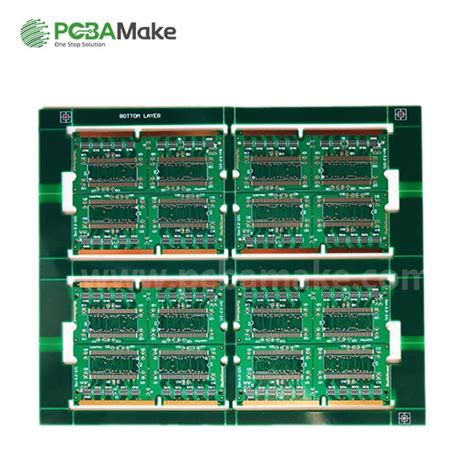
Case Studies: Successful Projects with Multilayer PCB Manufacturers
When selecting a multilayer PCB manufacturer, it’s beneficial to review case studies of successful projects to understand the potential impact on your own endeavors. For instance, one renowned pcb manufacturing company collaborated with a leading tech firm to develop a complex multilayer PCB for a high-performance computing device. They utilized advanced fabrication techniques, maximizing the density and functionality of the board while adhering to rigid timelines without compromising quality. This case exemplifies how choosing the right pcb manufacturing partner can significantly influence project outcomes.
Another case involved an automotive manufacturer that needed robust and reliable pcbs for their next-generation vehicles. By partnering with a specialized pcb manufacturing business, they were able to implement innovative shielding solutions that enhanced signal integrity while minimizing overall pcb manufacturing costs. The meticulous attention to customer service and ongoing support played a crucial role in navigating design challenges, showcasing how effective communication can enhance collaboration and lead to successful implementations in real-world applications.
These examples illustrate that employing a thoughtful approach in assessing your potential partners not only aligns your project with industry standards but also facilitates the achievement of established performance metrics. Selecting the right multilayer PCB manufacturer, therefore, can transform your ideas into tangible products that resonate well within your market segment, showcasing both reliability and innovation.
Conclusion
Selecting the right multilayer PCB manufacturer is crucial for the success of your project. As you navigate through the landscape of PCB manufacturing companies, it’s essential to take a holistic approach to ensure that your needs are not only met but exceeded. First and foremost, consider the quality of the products offered. A manufacturer that adheres to high quality standards in their processes will likely produce more reliable and robust printed circuit boards. Furthermore, understanding their technological capabilities can shed light on whether they can handle your specific requirements, especially if your project involves complex designs or tighter tolerances.
In addition to quality and capabilities, you should also evaluate the range of services that different manufacturers offer. Effective support throughout the PCB manufacturing business process can significantly influence your ability to meet deadlines and stay on budget. Don’t forget to discuss pcb manufacturing cost, as this can vary widely among different manufacturers; finding a balance between affordability and quality is key to achieving good value for your investment. By considering these factors carefully, you can make an informed decision that aligns with both your project’s goals and industry standards, ensuring a smooth path from conception to production.
FAQs
What should I look for in a multilayer PCB manufacturer?
When choosing a multilayer PCB manufacturer, consider factors such as quality standards, manufacturing capabilities, and customer service. It’s essential to ensure that the manufacturer can meet the specific requirements of your project while adhering to relevant industry standards.
How does the PCB manufacturing cost vary between companies?
The PCB manufacturing cost can differ significantly among various PCB manufacturing companies due to their processes, materials used, and overhead costs. Always compare and evaluate quotes based not just on price but on the value and quality offered.
Are there certifications I should check for PCB manufacturing?
Yes, look for certifications such as ISO 9001 or IPC standards when evaluating potential manufacturers. These certifications indicate that the company follows strict quality assurance protocols, which are crucial in the PCB manufacturing business.
What technologies should I expect from a reliable PCB manufacturer?
A reputable multilayer PCB manufacturer should employ advanced technologies such as automated assembly machines, reliable testing equipment, and robust design software. These capabilities enhance production efficiency and ensure high-quality outputs in PCB manufacturing.
Can I get support during the design phase?
Many manufacturers offer design support as part of their services. It’s important to confirm this with your chosen supplier to ensure that you have access to expertise throughout your project’s lifecycle.
To explore more about high-quality multilayer PCBs and their manufacturing processes, please visit our site:

